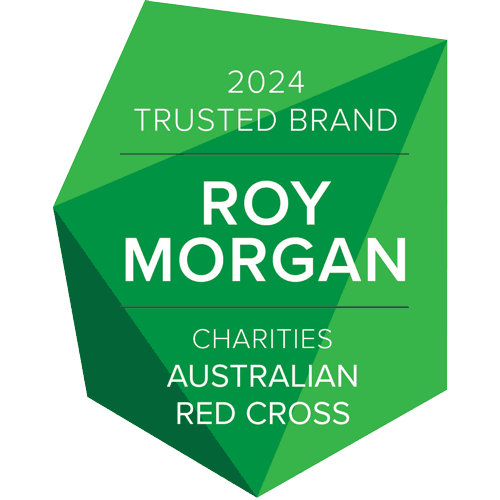Looking after your mental wellbeing during the COVID-19 pandemic
Practical, helpful tips to help you and others look after your mental health and wellbeing during social distancing.

KNOW
Consider how stress may affect you and others during the outbreak.
We know that things will be different for a while. It is normal to have a range of feelings: you may feel sad, stressed, confused, scared or even angry. There are things you can do to feel better.
- Try to keep perspective. Remind yourself the world will keep turning and the sun coming up.
- Talking to people you trust can help. Set up regular phone or video check-ins with friends and family during self isolation.
- Maintain a healthy lifestyle, including a good diet, sleep and exercise.
- If you feel overwhelmed, talk to a health worker or counsellor.
We have more tips on looking after yourself and other during a major crisis »
CHECK IN
When physically isolated, it’s more important than ever to maintain connections with your loved ones, friends and community.
There are lots of ways to stay connected.
- Make regular phone calls or video calls to people you know.
- Arrange video ‘dates’ for yourself or your children.
- Set up virtual social events with friends to watch your favourite TV show or sport.
- Play virtual games with a friend, try chess or scrabble.
- Join a local community group on Facebook.
- Share on social media the ways that help you stay connected, they can inspire others too.
- Write a letter to someone. It’s amazing the effect it can have.
- Take a course, sign up to learn something new or do first aid training online.
- Stay in touch with work colleagues while working from home, have lunch or a coffee together or just turn the video on during meetings.
ORGANISE
Be proactive and think about your health, comfort and happiness. It can help you to maintain wellbeing for yourself and others.
Yourself
- Stay healthy, eat well and exercise when you can.
- Reduce your exposure to news. Choose one source and check twice a day.
- Think about posting positive stories about how people are dealing with this.
- Only share information from reputable sources, like WHO or the Department of Health.
Your family, friends and flatmates
- Being in close confines can be stressful – watch out for signs of stress among family members.
- Work out a strategy to defuse any difficult situations or anger.
- Do things together that you all enjoy.
Young people and children
- Talk to children and young people calmly and honestly about the virus.
- Be reassuring and let them know they are safe.
- Limit their exposure to the news.
- Take their concerns seriously.
ACT
Check on family, friends and people in your community who might need extra care.
COVID-19 has impacted us all in some way. There are things we can do to make this situation easier for one another.
- Think about who in your neighbourhood, workplace or social circle may be especially vulnerable. Find ways to connect with them.
- Take time to thank supermarket staff, your doctor's receptionist, the delivery food team and others at the frontline.
- Check in on friends and family whose employment is likely to be affected.
- If you can afford it, continue to support your local shops and cafes. You can do this online or by ordering delivery.
- Respectfully counter racism or stigma on social media where you can, and feel safe to do so.
- Use our neighbour connection cards to reach out to something to offer your help or to connect and reduce isolation.
Share this poster of some simple steps to stay happy and hopeful during COVID-19.

